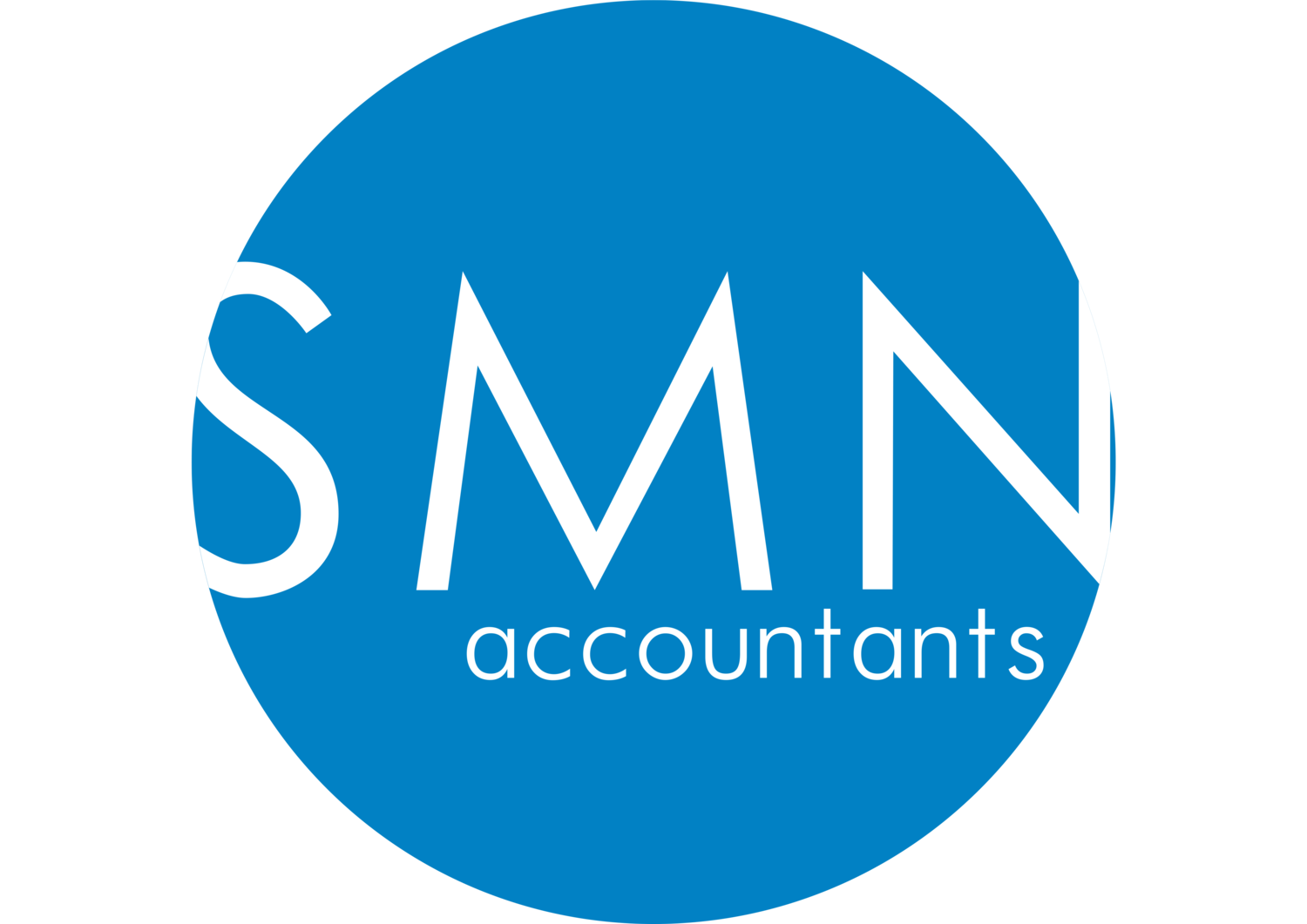Budget 2022/2023
The Budget for 2022/2023 has been released. In an election year the announced budget looks to provide instant relief to individuals and training and technology incentives to small business. The key takeaways effecting businesses and individuals include:
LMITO – A one-off $420 ‘cost of living tax offset’ for the 2022 income year, which will be provided in the form of an increase to the existing LMITO. This will increase the maximum LMITO benefit to $1,500 for individuals and $3,000 for couples for 2022 year.
Cost of living payment – A one-off $250 cost of living payment to help eligible recipients with higher cost of living pressures. The payment will be made automatically (no action is required from the individual) in April 2022 to eligible recipients (including individuals on the age/disability pension and concession cardholders).
COVID-19 Expenses – the costs of taking a COVID-19 test to attend a place of work are tax deductible for individuals from 1 July 2021.
Skills & Training - Skills and training boost to support small and medium-sized businesses to train and upskill their employees. The boost will apply to eligible expenditure incurred from 29 March 2022 until 30 June 2024. Small and medium-sized businesses (with aggregated annual turnover of less than $50 million) will be able to deduct an additional 20% of expenditure incurred on external training courses provided to their employees.
Technology investment - Similarly a technology investment boost to support digital adoption by small and medium-sized businesses. The boost will apply to eligible expenditure incurred from 29 March 2022 until 30 June 2023. Small and medium-sized businesses (with aggregated annual turnover of less than $50 million) will be able to deduct an additional 20% of expenditure incurred on business expenses and depreciating assets that support their digital adoption (such as portable payment devices, cyber security systems or subscriptions to cloud-based services). An annual cap will apply in each qualifying income year so that expenditure up to $100,000 will be eligible for the boost. This equates to a maximum additional deduction of $20,000 per eligible year.
COVID-19 Grants Non-assessable non -exempt - Extension of the measures that enable payments from certain state and territory COVID-19 business support programs to be made non-assessable non-exempt income (‘NANE’) for income tax purposes until 30 June 2022. This measure was originally announced on 13 September 2020.
Reduction in fuel excise – In a bid to reduce the burden of higher fuel prices by halving the excise and excise-equivalent customs duty rate that applies to petrol and diesel, and all other fuel and petroleum-based products except aviation fuels, for six months.
See below a link with further information provided by the NTAA.
